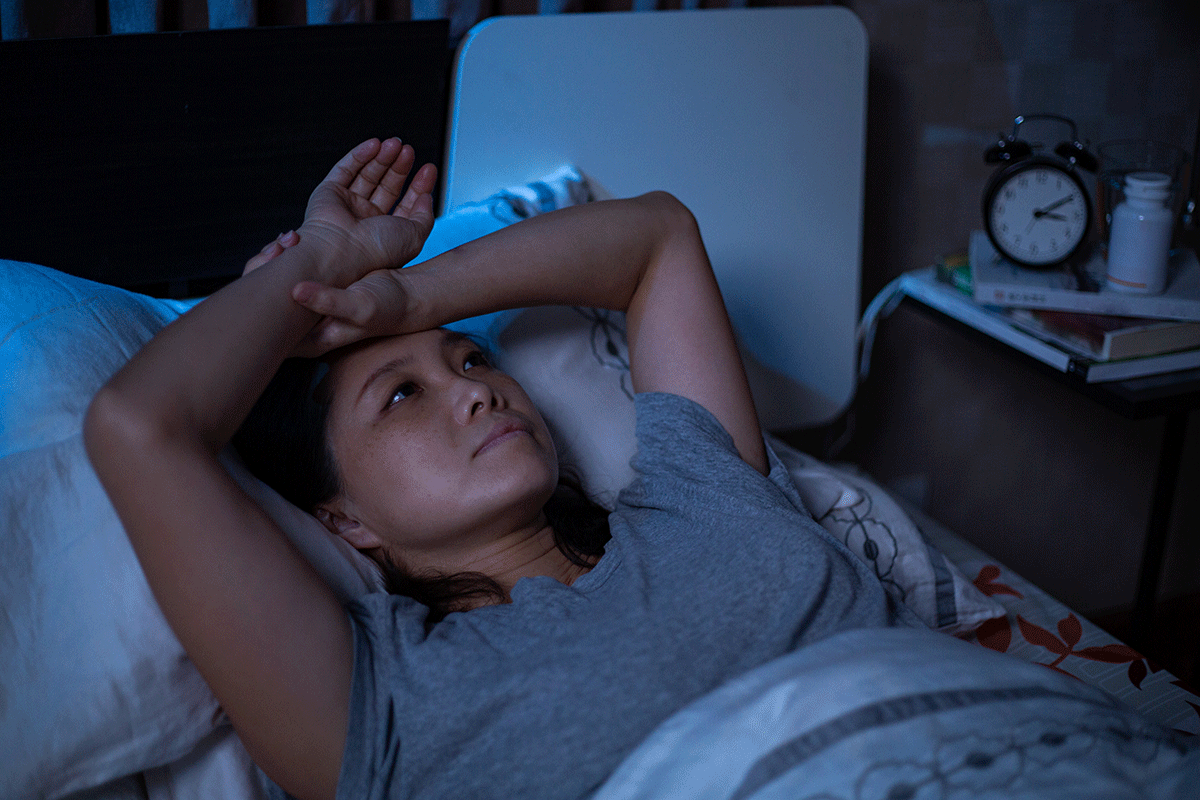Tramadol, often misunderstood, raises questions such as “Is tramadol an antidepressant or opioid?” In reality, it’s a unique medication that falls under the category of opiate analgesics, often prescribed for moderate to severe pain. However, its usage has veered into areas beyond its initial purpose, including as a self-prescribed remedy for sleep disorders and anxiety.
This unconventional and potentially dangerous usage of tramadol for sleep has sparked a need for a deeper understanding of its effects, appropriate dosages, and inherent risks. If you have questions about tramadol use or are worried about signs of dependence, contact Evoke Wellness at Cohasset at 866.931.6429 today.
What Is Tramadol?
Tramadol is an opioid pain medication that works by changing how the body perceives and responds to pain. It is used to treat moderate to severe pain, such as after surgery, or for chronic conditions like arthritis. Tramadol comes in various forms, including immediate-release and extended-release tablets.
Side Effects of Tramadol
While tramadol can provide effective pain relief, it also has the potential to cause a range of side effects. These can vary in severity and may include:
- Nausea or vomiting
- Constipation
- Dizziness or lightheadedness
- Drowsiness, which may contribute to its use as a sleep aid
- Headache
- Anxiety, sometimes ironically leading to its usage for anxiety relief
It’s essential to note that these side effects are common to many opioid medications, but the potential for dependence and misuse necessitates careful use and medical supervision when taking tramadol. If you experience any of these side effects or have concerns about your tramadol use, Evoke Wellness at Cohasset is here to help.
Tramadol for Sleep: How It Works
Tramadol’s sedative effects, along with its ability to relieve pain, can make it an appealing option for those struggling with sleep. However, using tramadol for sleep is not recommended due to the potential for overuse and dependence.
The sedative effects of tramadol are similar to other opioid medications but can vary based on individual tolerance and dosage. It’s crucial to note that tramadol can also cause insomnia for some individuals, making it an unreliable choice for sleep aid.
How Much Tramadol Should I Take to Sleep?
The appropriate dosage of tramadol varies from person to person and should always be determined by a doctor. Taking more than the prescribed dose can lead to dangerous side effects or overdose. It’s essential to follow dosage instructions carefully and never increase or decrease your dose without medical supervision.
Many alternatives to tramadol are more appropriate for pain, sleep, and anxiety, which include:
- Non-opioid pain relievers such as acetaminophen or ibuprofen
- Over-the-counter sleep aids like melatonin or diphenhydramine
- Prescription sleep medications such as zolpidem or eszopiclone
Always consult with a medical professional before using any medicine for sleep, including tramadol.
Tramadol for Sleep and Anxiety
As mentioned earlier, some individuals may turn to tramadol for anxiety relief due to its sedative effects. While this can provide temporary relief, it is not a recommended treatment for anxiety disorders as it can lead to dependence and misuse.
If you’re struggling with anxiety, it’s essential to seek proper treatment from mental health professionals who can provide safe and effective options for managing symptoms. Evoke Wellness at Cohasset offers comprehensive treatment for anxiety and other mental health conditions.
Seek Help for Anxiety at Evoke Wellness at Cohasset
Using tramadol for sleep or anxiety is not a long-term solution and can lead to harmful consequences. If you or a loved one struggles with sleep disorders, pain management, or mental health concerns, reach out to Evoke Wellness at Cohasset today.
Our team of highly trained professionals offers individualized treatment plans to help you achieve lasting recovery. Don’t wait any longer; call 866.931.6429 today.




